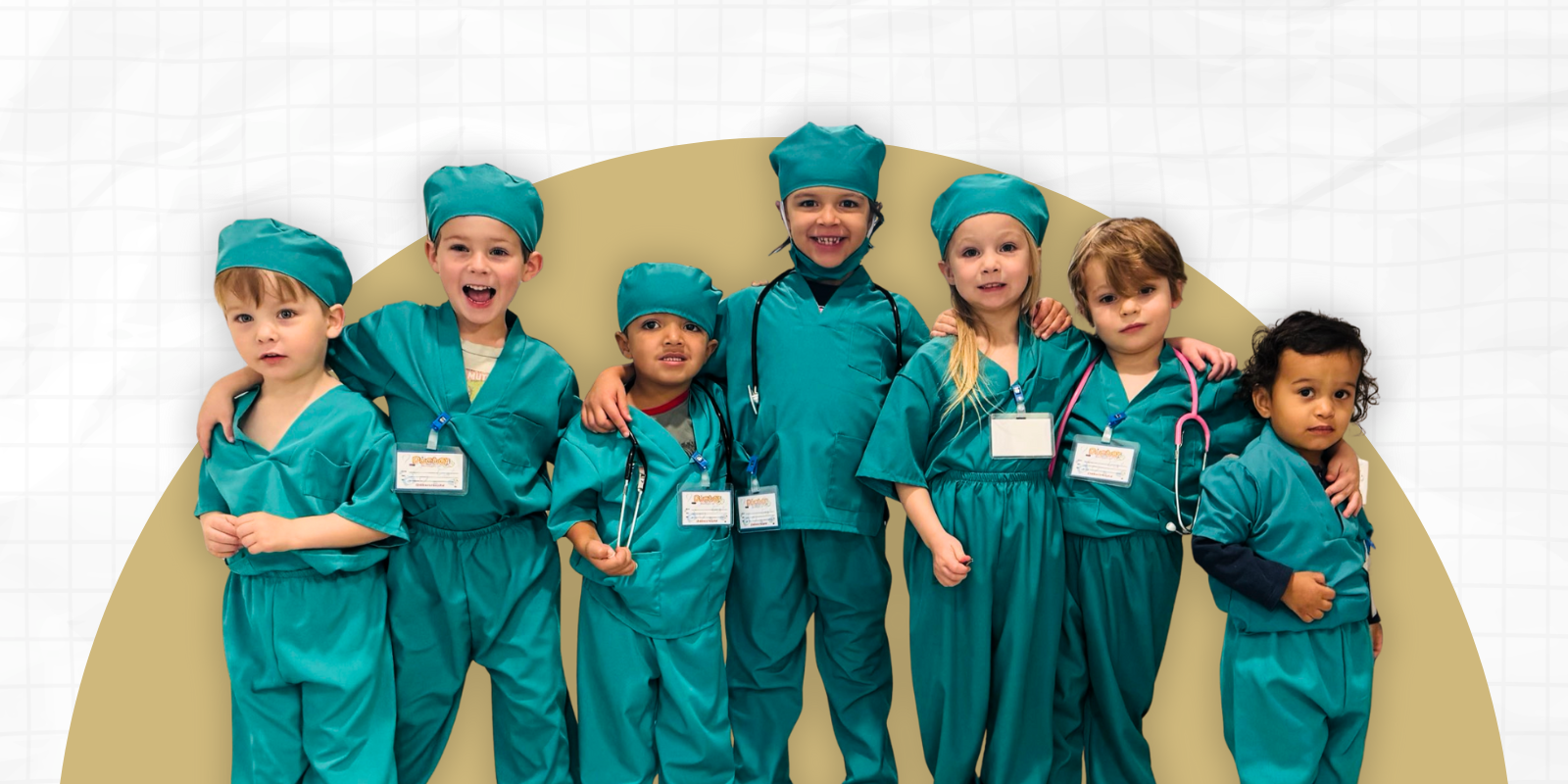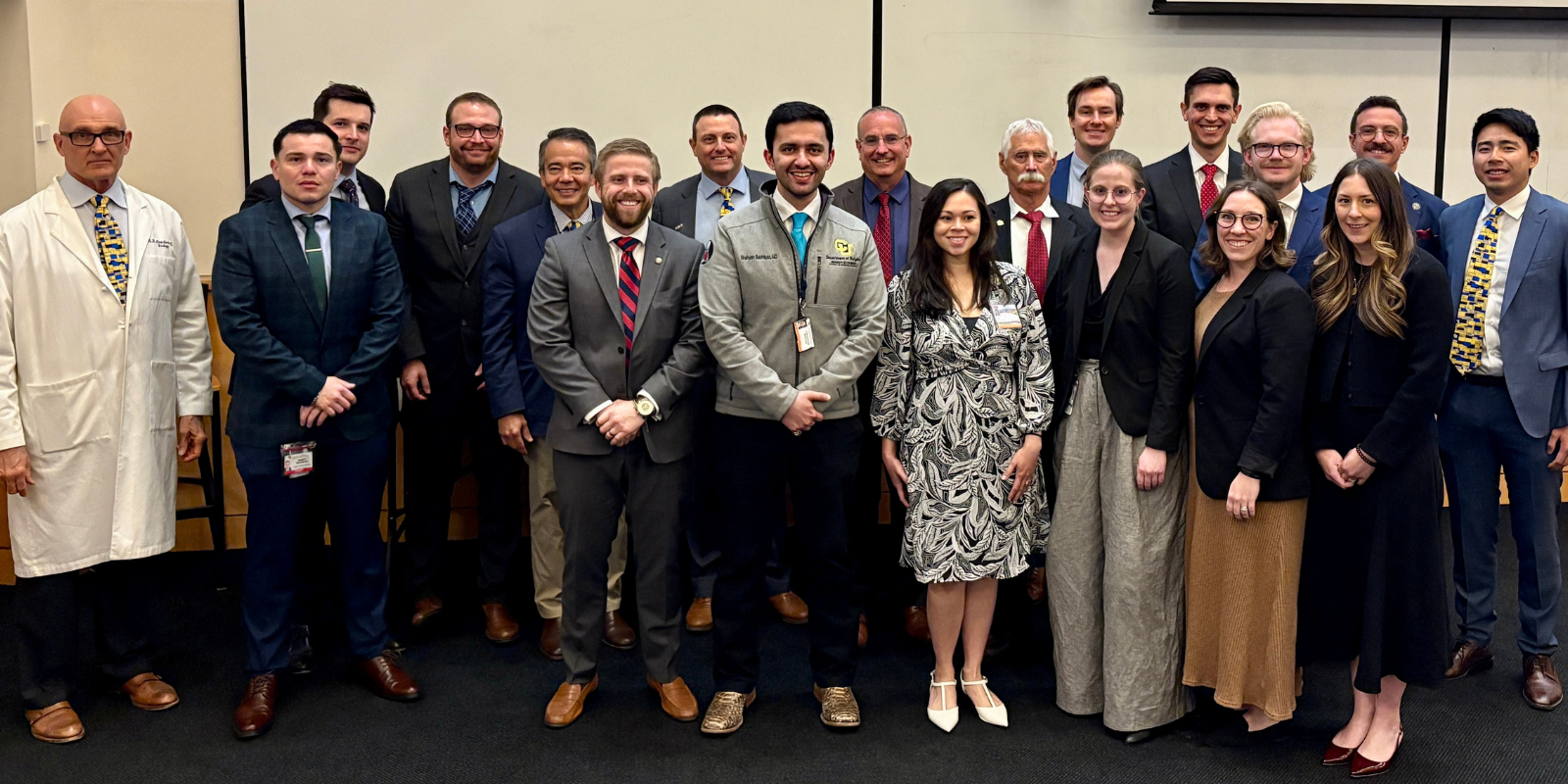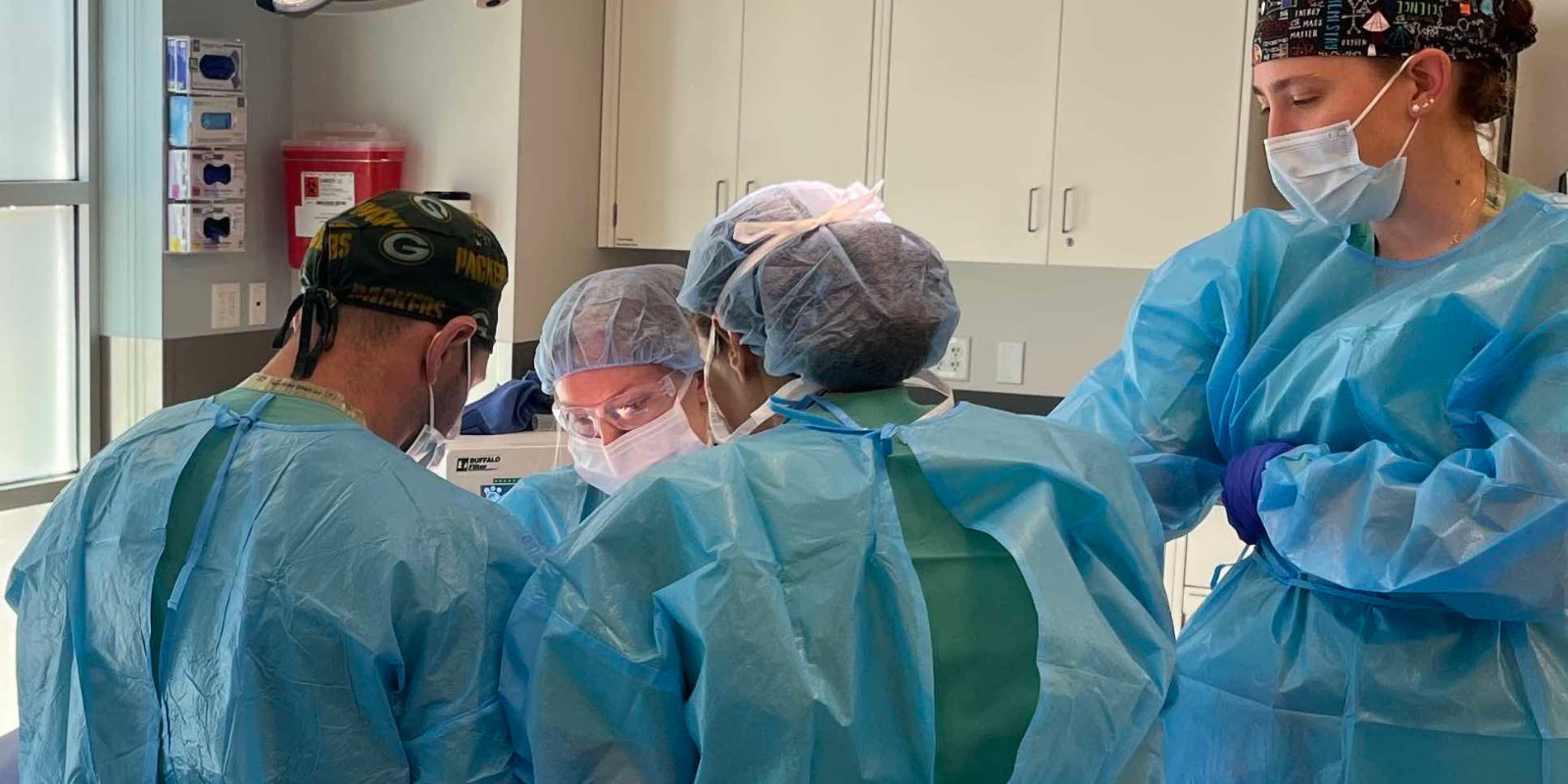What inspired you to become a transplant surgeon?
While I was doing my general surgical residency at Beth Israel Deaconess Medical Center, I learned more about transplant surgery and was completely fascinated by it. I am inspired by the transformative nature of transplantation. We take a person from the brink of death, transplant them with a healthy new organ, and give them a new life. I love that we are giving people a second chance at life. That never gets old for me. As transplant surgeons, we form lifelong relationships with our patients and our patients are from all walks of life.
One of your many awards was the American Society of Transplant Surgeons' Francis D. Moore Excellence in Mentorship Award in 2018. What is your secret to being a successful mentor?
As a transplant surgeon, I believe that mentoring is one of our most important jobs. It is imperative that we pass on our knowledge, skillset, and personal experience to the next generation of surgeons so they can learn from our successes and our failures. I have been fortunate to have had many extraordinary mentors throughout my career who have helped me become a better surgeon, clinician, and human being. Many of my students, residents, and fellows have gone on to become leaders across the country, and I can assure you they have given me much more than I have given them as a mentor. Being a mentor is all about taking the time to help a person navigate the path you once walked upon.
For the first time in 2019, women made up the majority of students in U.S. medical schools, according to the Association of American Medical Colleges. Do you have any advice for up-and-coming women doctors and women doctors interested in becoming transplant surgeons?
Transplantation is the most fascinating area of medicine, and I would certainly encourage anyone to pursue it as a career. The transformation and impact brought by transplantation is something that I am continually awed by. Whether it is a kind person becoming a living donor or a grieving family making the extraordinary choice to help others at one of the saddest moments in their life, these are remarkable acts of humanity that continue to inspire.
No one ever feels they have the time to do everything that they want to do, especially as a surgeon. When I went through my transplant surgical training there were fewer women, especially in leadership positions, but I was fortunate to meet Nancy Ascher, MD, and Kim Olthoff, MD, early in my career. They are brilliant role models for a young woman in transplant surgery.
It is amazing to see that there are more and more women joining transplant surgery every year and becoming leaders across the country. One of the challenges women surgeons face is balancing a busy surgical career with having a family. There is never a perfect time to start a family; however if it’s important to you then you need to make time for it. Both are equally important, and the desire to have both is certainly achievable. In my experience, having a supportive environment both personally and professionally is crucial. It is essential to set realistic expectations for yourself and others.
Under your leadership, CU has one of the best liver living donor programs in the country. What role do living donors play in transplantation?
The sad reality is that there are not enough deceased donor organs to meet the needs of all the patients awaiting transplantation. Living organ donation allows patients with end-stage organ failure to be transplanted in a timely fashion. The ability to schedule a transplant allows us to optimize the patient’s medical status. Living donation is the ideal option for most patients awaiting transplantation. At CU, we have an exceptional list of non-directed donors who are wanting to donate a portion of their liver or a kidney to a person they do not know who is waiting for an organ transplant. This represents the very best of humanity.





